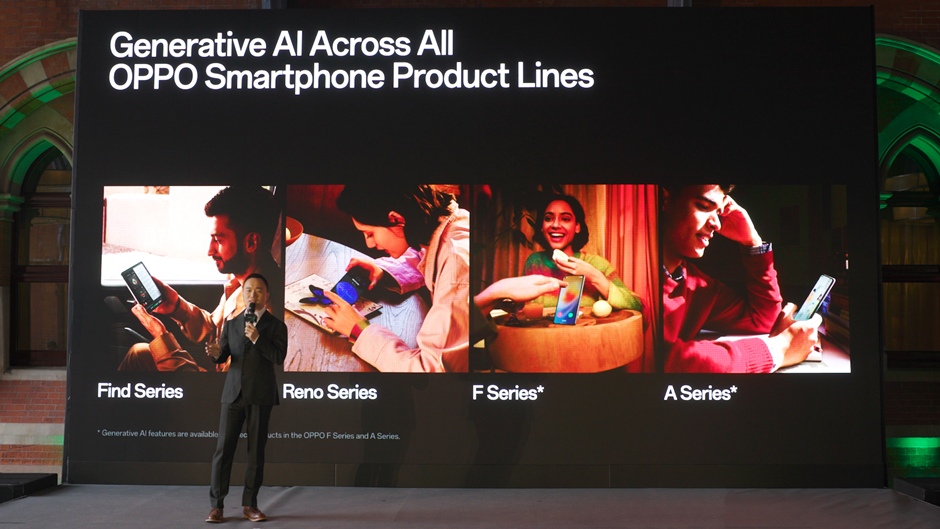Oppo plans to bring generative AI features to all its smartphone product lines, collaborating with Google, MediaTek, and Microsoft to reach 50 million users by year-end. With a strong focus on AI imaging, Oppo has filed over 5,000 AI-related patents and deployed various features, including an LLM with 7 billion parameters. Partnering with Google and Microsoft, Oppo aims for a full-stack transformation of AI phones through intelligent OS integration.

What do we think? We like Oppo, and the message of “democratizing AI phones” fits its large global reach. Oppo says AI should not remain exclusive to just flagship phones and selected users but should instead be accessible to more users around the world. This makes sense to us; given that the smartphone is the dominant communication and computing platform in developing markets, it will be crucial in whether AI has moderately fair global distribution (although many users are yet to transition to smartphones, never mind AI-capable ones).
Oppo deploying AI to users across its range
Oppo plans to deliver generative AI across all Oppo “smartphones are the most important personal AI device.”
Oppo will collaborate with Google, MediaTek, and Microsoft to deliver these features and what it describes as full-stack transformation and ecosystem restructuring of AI phones.
Said Billy Zhang, president of overseas marketing, sales, and service at Oppo: “Oppo aims to make AI phones accessible to everyone. For the first time in the industry, Oppo is bringing generative AI to all product lines. By the end of this year, we expect to bring generative AI features to about 50 million users.”
Oppo says it has rolled out over 100 generative AI features to its phones this year and that over the past decade, it has filed over 5,000 patents related to AI inventions, of which approximately 70% are specifically related to AI imaging.
Oppo also claims to be the first smartphone company to deploy an LLM with 7 billion parameters directly on the device (and it looks to us like that’s legit).
Partner software deployments include Google Gemini family LLMs with AI features such as AI Toolbox, including AI Writer and AI Recording Summary features, which are apparently tuned to enhance chip storage and computational efficiency on future Oppo flagship models.
Through partnership with Microsoft, next-generation Oppo phones will be equipped with Microsoft capabilities for voice and text conversion and connectivity between desktop AI and phones. There is also a suite of Oppo-created AI apps with a focus on image editing and generative content for social media.
“We believe that the intelligent OS will be embedded with AI agents and support multimodal interaction. Meanwhile, the third-party services will be provided in a more flexible way. This will result in a full-stack transformation and ecosystem restructuring of AI phones,” said Nicole Zhang, general manager of AI products at Oppo.